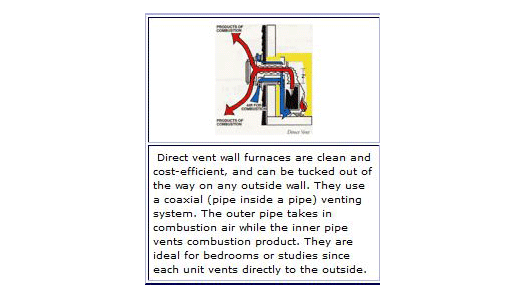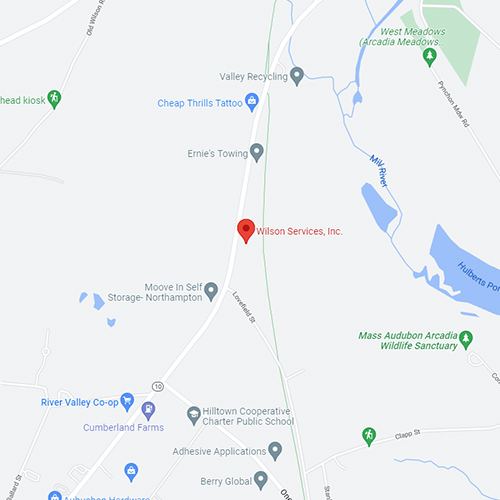Sealed Combustion Heating Appliances

Sealed Combustion Appliances are heating appliances that vent directly to the outdoors. More importantly, they do not require air from the inside of the building like atmospheric combustion appliances. To add to the increasingly growing number of benefits, Sealed Combustion Appliances are generally always more efficient than atmospheric combustion appliances. Sealed Combustion Appliances are typically safer for the occupants of the home, but with any fossil fuel burning device, there are always safety considerations. We’re almost always talking about boilers and furnaces when we bring up the phrase “sealed combustion” (there are water heaters and room heaters that fit this description as well).
Save Money, Space and Energy
The reason why so many heating contractors like Sealed Combustion Appliances is because they’re safer, more efficient, usually smaller, and last but not least there is usually rebate money available from the gas company. If you live in a town or city where they have their own municipal gas service, please disregard the previous sentence and call them directly. In Wilson’s immediate service area, cities like Holyoke, Chicopee, and Westfield have their own gas services. However, gas companies like Baystate Gas and Berkshire Gas have generous rebate programs (please check with your gas provider before committing to any heating installation and expecting a rebate). You may also want to visit www.gasnetworks.com for the most current rebate programs. Of course, if your home is heated with propane (LP) gas, there would not be any rebates from the fuel provider.
Sealed Combustion Appliances are more efficient because the flue gas temperature can be lowered. In theory this results in higher efficiencies. There are some caveats to this theory, which requires a basic knowledge of physics. There are plenty of misconceptions on this subject, but essentially there are two types of sealed combustion appliance: One that is meant for non-condensing operation, and the other being, you guessed it, condensing operation. This subject can become pretty lengthy but we’ll try to keep it as simple and concise as possible. A truly condensing appliance welcomes low flue gas temperatures, and can potentially operate at higher efficiencies at these lower operating temperatures. The non-condensing sealed combustion appliance, such as a cast iron boiler, can handle a little bit on condensation on the flue pipe. This flue pipe is usually made of stainless steel because it can resist the corrosive nature of the condensation (water). The condensate is usually piped out to the plumbing system, or to the outdoors (we’re always concerned about this line freezing in the winter time, so we utilize some tricks to keep this from happening).


